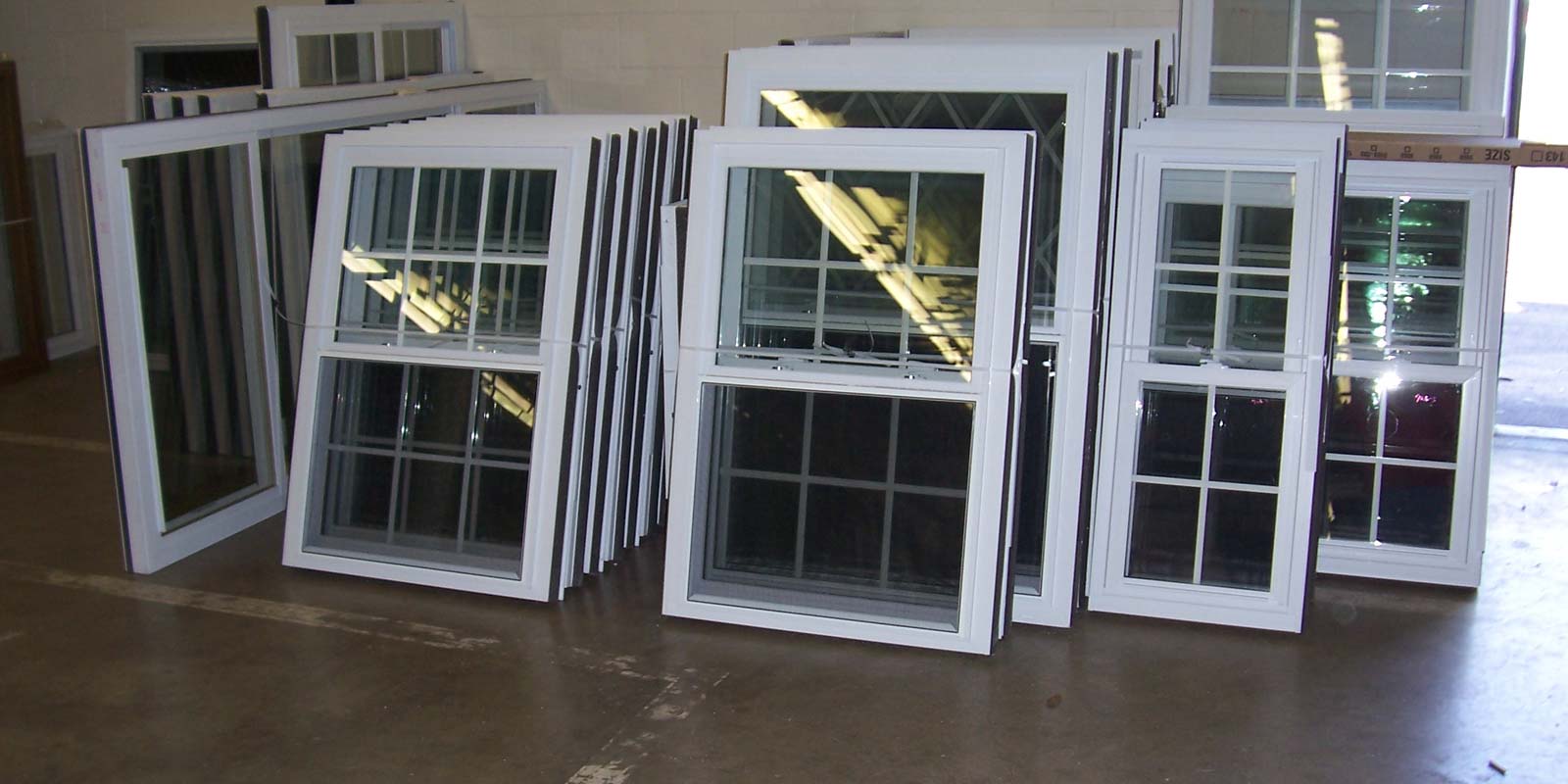Update Your Home with Houston Pella Windows Installment
Update Your Home with Houston Pella Windows Installment
Blog Article
Upgrade Your Home With Energy-Efficient Window Substitutes
In the world of home renovation, the choice to update to energy-efficient home window substitutes can significantly impact both the functionality and aesthetic appeals of a house. Past the surface area degree of plain appearances, energy-efficient home windows supply a plethora of advantages that go past plain aesthetic charm.
Advantages of Energy-Efficient Windows

The installation of energy-efficient home windows provides considerable financial savings on utility costs while improving ecological sustainability. Additionally, energy-efficient home windows can aid regulate wetness levels within the home, minimizing the risk of mold and mold growth.
Beyond the monetary benefits, energy-efficient windows contribute to environmental sustainability by decreasing carbon emissions associated with energy production. In general, investing in energy-efficient windows not only enhances the comfort and efficiency of a home but additionally aligns with environmentally aware techniques.
Kinds of Energy-Efficient Glass
Different sophisticated types of energy-efficient glass deal unique residential properties that satisfy different demands and choices in improving the sustainability and efficiency of buildings. Low-emissivity (Low-E) glass is a preferred choice developed to minimize the quantity of ultraviolet and infrared light that can travel through the glass, consequently decreasing heat transfer. This kind of glass aids preserve a consistent interior temperature level, decreasing the need for home heating or cooling systems, and ultimately decreasing energy costs. Another innovative alternative is spectrally careful glass, which allows noticeable light to go through while blocking particular types of infrared radiation. This helps in keeping a comfortable interior atmosphere while reducing warmth gain. Triple-pane glass, containing three layers of glass with protecting gas between them, supplies enhanced thermal insulation, making it extremely energy-efficient. Additionally, self-cleaning glass with an unique covering that damages down and loosens dust when exposed to sunshine can reduce maintenance demands and keep home windows looking tidy. Each sort of energy-efficient glass uses distinct advantages, enabling home owners to choose one of the most ideal choice based upon their specific demands and objectives.
Aspects to Take Into Consideration When Picking
When contemplating energy-efficient window substitutes, it is essential to very carefully analyze specific elements that line up with your sustainability goals and wanted energy savings. One important aspect to think about is the home window's power efficiency rankings, such as the U-factor and Solar Heat Gain Coefficient (SHGC) The U-factor steps exactly how well the home window shields, with lower numbers showing far better insulation, while the SHGC suggests the home window's capacity to obstruct warm from sunlight. Additionally, the window structure product plays a substantial duty in power effectiveness. Materials like fiberglass, vinyl, or timber with thermal breaks are superb selections for minimizing warm transfer. One more vital consideration is the home window design and positioning concerning sunshine direct exposure. Selecting the right window design and purposefully positioning them can take full advantage of natural light while reducing heat gain or loss. Last but not least, installment high quality is crucial to making sure the windows carry out as intended. Proper installation helps prevent air leak, making sure ideal energy efficiency. By meticulously examining these aspects, you can select energy-efficient home windows that improve comfort, decrease energy costs, and profit the environment.
Installation and Upkeep Tips

Normal upkeep is vital to maintaining the performance of your energy-efficient home windows. Inspect the home windows periodically for any signs of damage, wear, or sealer wear and tear. Tidy the structures, tracks, and glass routinely making use of moderate soap and water to remove dust and gunk that can impact performance. Examine the weather-stripping and seals for any type of splits or gaps and change them if required to maintain the home windows' energy efficiency.
In enhancement, lubricate relocating parts such as hinges and locks to make sure smooth operation. By adhering to these installation and upkeep suggestions, you can boost the energy effectiveness of your home and prolong the life-span of your energy-efficient windows.
Cost-Benefit Analysis of Updating

Energy-efficient home windows are created to reduce warm transfer, minimizing the demand image source for heating and cooling systems to burn the midnight oil. This can cause significant savings on energy costs, especially in regions with severe temperature levels. Furthermore, energy-efficient windows can improve the total value of your home, making it a lot more attractive to potential customers if you choose to sell in the future.
When computing the cost-benefit analysis, consider the possible savings on power expenses, any offered incentives or discounts, and the life expectancy of the windows. While the first cost might be higher, the lasting cost savings and benefits of energy-efficient windows make them a smart financial investment for property owners looking to boost their building's energy performance and worth.

Verdict
In final thought, updating to energy-efficient home window substitutes supplies numerous benefits such as reduced energy usage, enhanced comfort, and expense financial savings. By choosing the proper kind of energy-efficient glass and taking into consideration variables like structure product and installment, homeowners can take full advantage of the effectiveness of their windows.
When considering energy-efficient window replacements, it is crucial to very carefully examine certain aspects that line up with your sustainability goals and preferred energy savings. The U-factor measures just how well the home timber window manufacturers window protects, with lower numbers suggesting better insulation, while the SHGC indicates the home window's capacity to obstruct warmth from sunshine. By thoroughly assessing these factors, you can pick energy-efficient home windows that improve comfort, reduce power expenses, and benefit the setting.
While energy-efficient windows may have a greater in advance cost contrasted to standard windows, the lasting advantages typically outweigh the first investment.In conclusion, updating to energy-efficient window substitutes provides numerous advantages such as reduced power usage, raised comfort, and cost financial savings.
Report this page